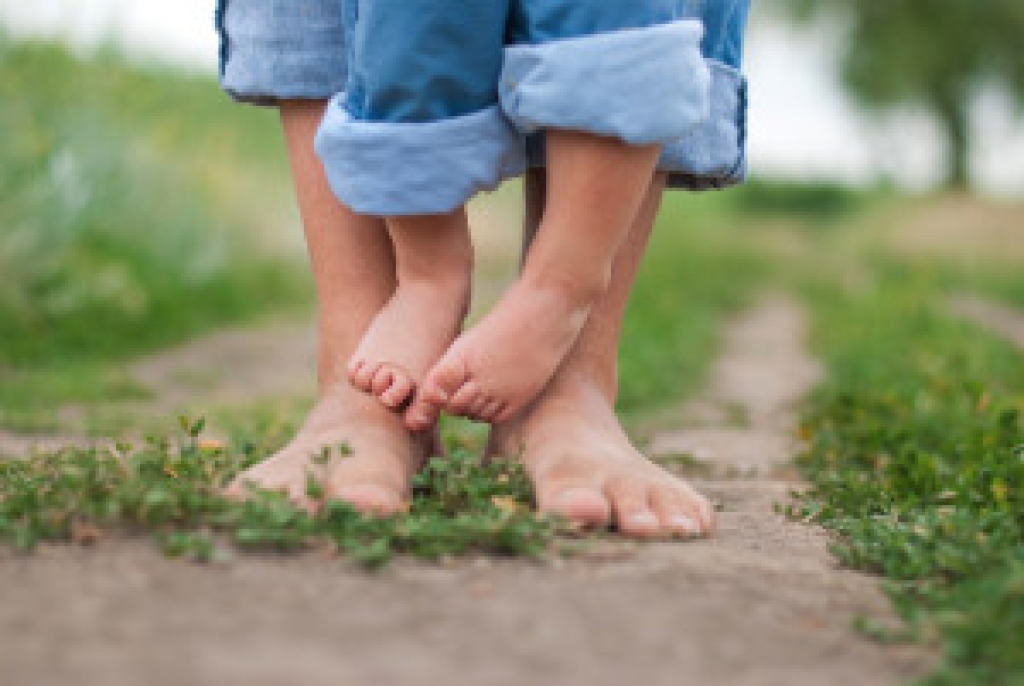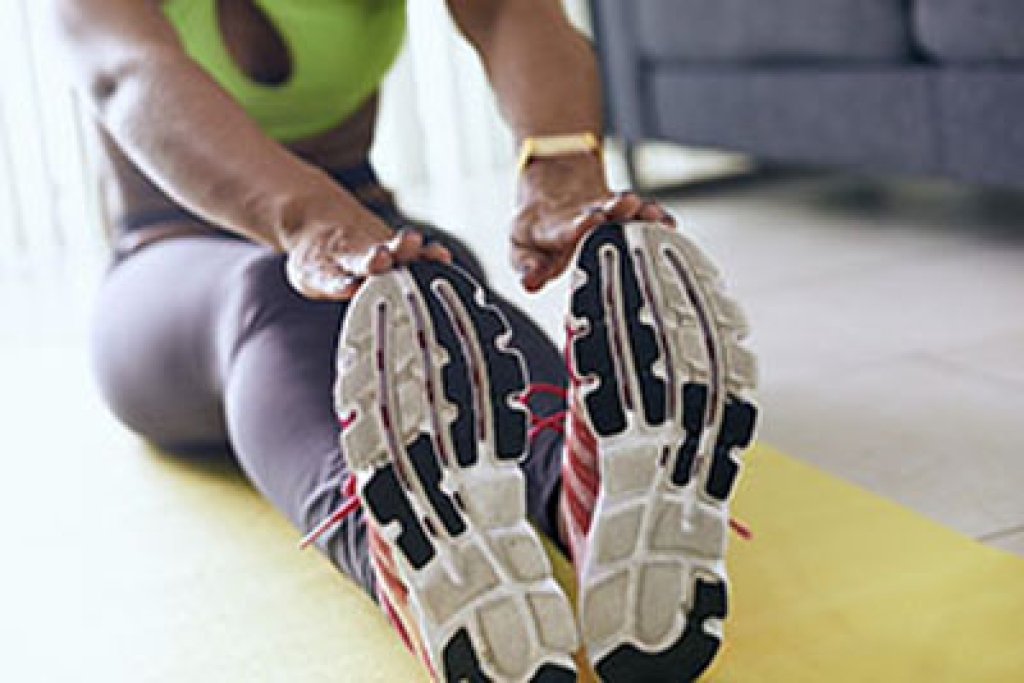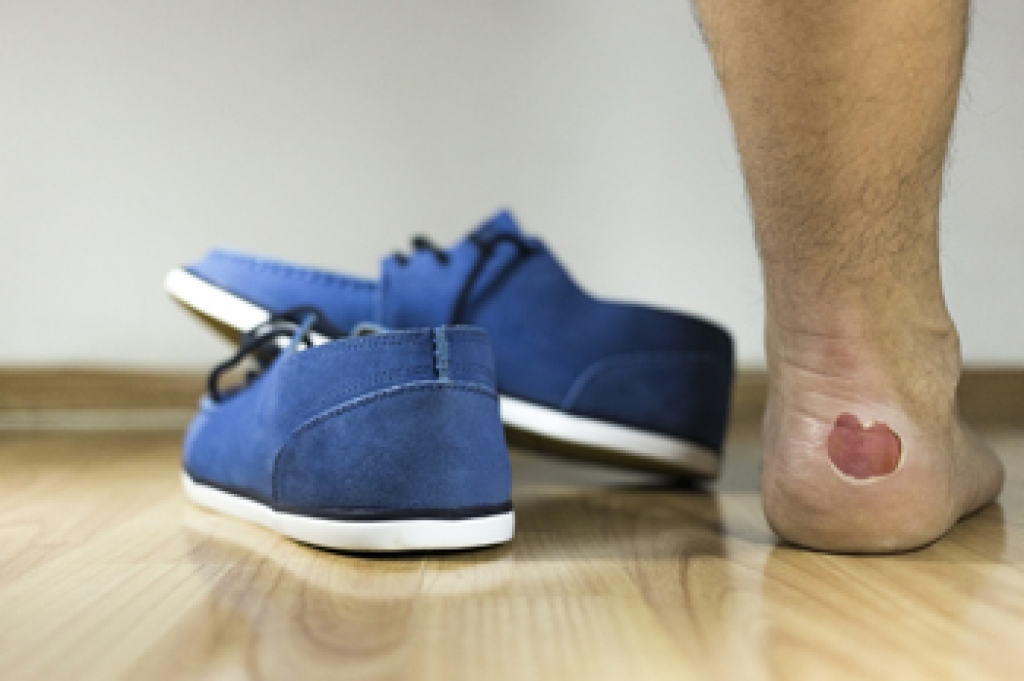The importance of properly taking care of your child’s feet is crucial in possibly preventing certain foot conditions from developing. Children’s feet may be sweaty for the majority of the day, and it is important to wash and dry them on a daily basis. This may prevent athlete’s foot from occurring. Research has indicated that children's feet may become stronger when they can walk barefoot while indoors. This can be a result of the grasping motion that occurs when the toes touch the floor. Ingrown toenails may be prevented when the toenails are cut frequently and in a straight line. Additionally, when it is time for your child to walk outside, it is helpful to purchase shoes that fit properly. This can be accomplished by measuring your child’s foot to determine the correct shoe size. If you would like more information about how to take care of your child’s feet, it is suggested that you speak with a podiatrist.
The health of a child’s feet is vital to their overall well-being. If you have any questions regarding foot health, contact one of our podiatrists of APEX Foot & Ankle Center. Our doctors can provide the care you need to keep you pain-free and on your feet.
Tips for Keeping Children's Feet Healthy
- Make sure their shoes fit properly
- Look for any signs of in-toeing or out-toeing
- Check to see if they have Clubfoot (condition that affects your child’s foot and ankle, twisting the heel and toes inward) which is one of the most common nonmajor birth defects.
- Lightly cover your baby’s feet (Tight covers may keep your baby from moving their feet freely, and could prevent normal development)
- Allow your toddler to go shoeless (Shoes can be restricting for a young child’s foot)
- Cut toenails straight across to avoid ingrown toenails
- Keep your child’s foot clean and dry
- Cover cuts and scrapes. Wash any scratches with soap and water and cover them with a bandage until they’ve healed.
If you have any questions, please feel free to contact our offices located in Fort Myers, Shellpoint, and Naples, FL . We offer the newest diagnostic and treatment technologies for all your foot care needs.





